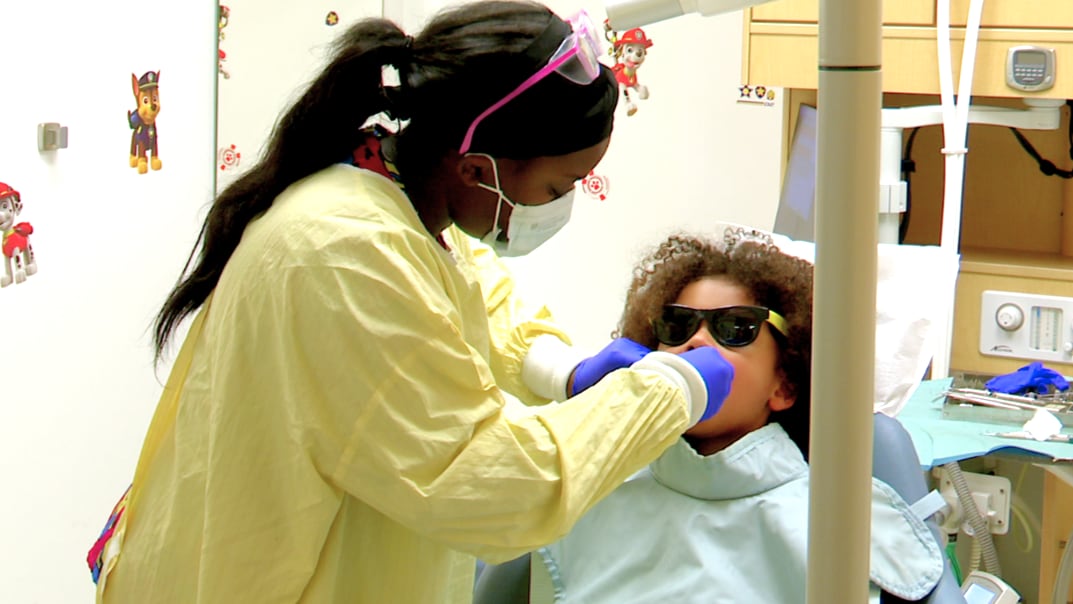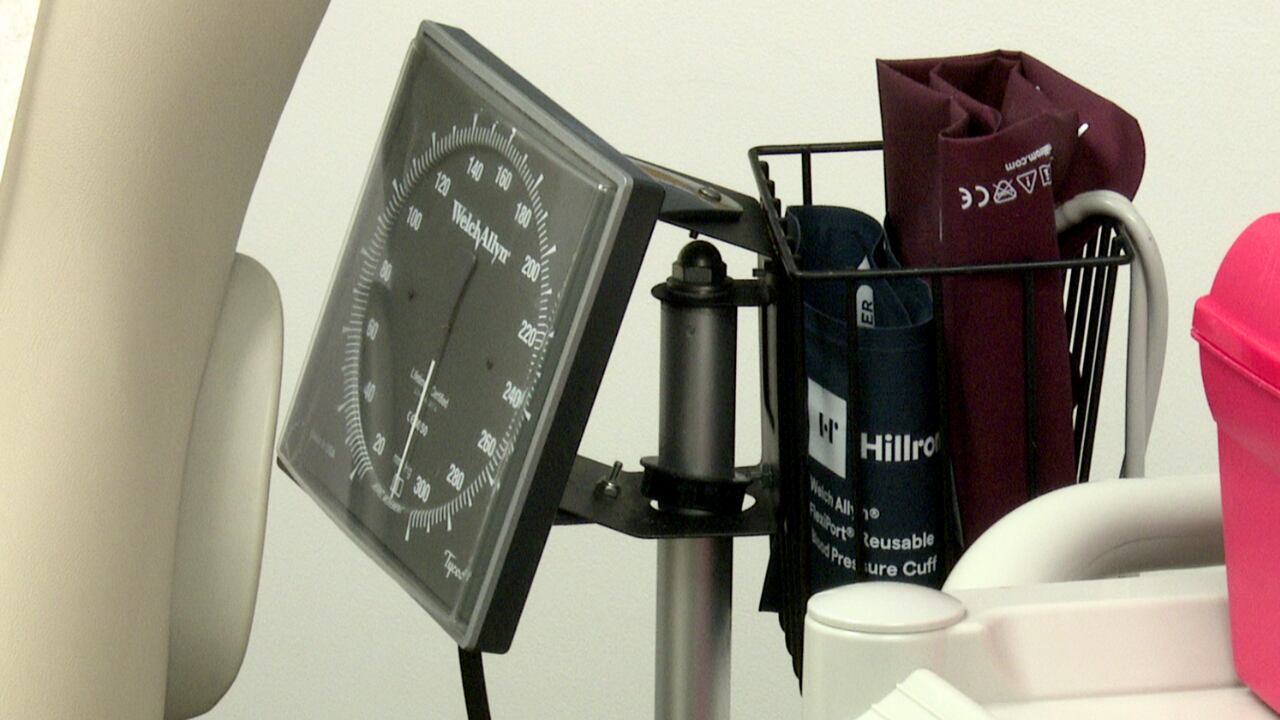New AU report shows ‘striking’ gaps in Ga. health care
AUGUSTA, Ga. (WRDW/WAGT) - A new report from Augusta University shows Georgia is the second lowest state for adults with health insurance, among other findings.
The 64-page fourth edition of “Healthy Georgia: Our State of Public Health” was released this week by the Institute of Public and Preventive Health in Augusta University’s School of Public Health.
When comparing Georgia to the U.S. national average, adults in Georgia have lower rates of cancer and methamphetamine use but higher rates of childhood asthma and adult obesity.
At the same time, rates of adult asthma and adult obesity among Georgians were comparable to averages across the Southeast.
Health officials discover 2 more people with measles in Georgia
About a week after learning of a measles patient in Georgia, health officials have uncovered additional cases.

A partnership between Alas Health and Wellstar MCG provides a variety of different clinics, like pediatrics, vision, ortho and mental health.
They’re all working to help bridge the gap.
Interestingly, while adult health insurance coverage was significantly lower than the U.S. national and Southeast averages, the child health insurance coverage in Georgia was comparable to both national and regional averages.
Insured or not, your health is a priority.
“Not having insurance shouldn’t be a reason you aren’t able to get health care,” said Annalise Miller, who is a student at the Medical College of Georgia.
According to Augusta University’s Healthy Georgia report, Georgia is the second lowest state for adults without health insurance.
CSRA flu numbers are ‘some of the highest we’ve seen’
A local doctor says it seems like more people than ever are getting sick. It’s affecting both young and old, and even those with up-to-date vaccines.

“It’s really overwhelming to realize how many people don’t have access to care and to be in medical school. We learned so much about how to give great care, but we don’t always how many people don’t have that access,” she said.
That’s where Alas Women’s Clinic steps up.
“We help provide care to the underinsured and uninsured populations of Augusta and also surrounding communities in South Carolina as well,” said Miller.
Georgia has the second-highest rate of HIV infections in the U.S., fourth-highest rates of gonorrhea, sixth-highest for chlamydia and 13th for syphilis.
READ THE REPORT:
Alas Women’s Clinic offers a variety of care.
“Pregnancy tests. We do yearly check-ups and we also do different screenings. We can prescribe birth controls and different oral contraceptives,” said Miller.
The report also looks at how long COVID has affected Georgians, with the state ranking 24th in the nation for rates of long COVID. According to the U.S. Centers for Disease Control and Prevention, long COVID is defined as a chronic condition that occurs after COVID-19 infection and is present for at least three months.
On top of looking at comparisons between Georgia and the Southeast and the nation, a clearer picture is starting to emerge concerning the difference in urban and rural areas within the state.
Dental College of Georgia offers a day of free care for kids
Augusta University’s Dental College of Georgia hosted its annual Give Kids a Smile Day. It was in honor of Children’s Dental Health Month.

“For several chronic conditions, like hypertension, diabetes and multimorbidity, we clearly see a striking difference between rural and urban residents of Georgia,” said Biplab Datta, PhD, who heads up the team that creates the report each year.
Hypertension affects 44.1% of adults in rural Georgia compared to 35% in urban areas, while diabetes affects 17.5% of adults in rural Georgia compared to 12.3% of those in urban areas. Hypertension and diabetes are major risk factors for cardiovascular disease, which affects 12.2% of adults in rural areas compared to 8.3% of adults in urban areas of Georgia.
“Hypertension and diabetes are the major risk factors for heart disease, which is the leading cause of death in the U.S. and worldwide, so these are some concerning numbers to see,” Datta said.
Piedmont Augusta offers heart, health screenings for women
Heart disease and stroke cause one in three deaths among women each year and is the top cause of death for women in Georgia.

Multimorbidity, which is when a person has multiple chronic conditions, including obesity, asthma, chronic obstructive pulmonary disease, depression, kidney disease, diabetes, hypertension, high cholesterol, cardiovascular disease, cancer, skin cancer and arthritis, affects 57.4% of adults in rural Georgia compared to 49% of adults in urban areas of the state. These rates are significantly lower than the rest of the Southeast but on par with the rest of the country.
Copyright 2025 WRDW/WAGT. All rights reserved.














